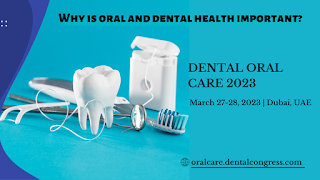Can anesthesia damage teeth?
The overall threat of damage to teeth is around 1 in, 500 general anaesthetics. Damage can be indeed if the anaesthetist uses an applicable fashion with care. Your anaesthetist will want to see if you have an increased threat for damage to teeth before the anaesthetic thresholds. Causes of Dental Damage during General Anesthesia
Use of jaw clamps can
put devilish pressure on the teeth, especially when used with an oropharyngeal
airway; so, too, can hard suck blocks, when used with a laryngeal mask airway
or during oral fiber optical endoscopies. During a general anaesthetic, it's
possible for your teeth to be damaged. Serious damage to the lingo is rare. 3
Although any teeth can be damaged during anaesthesia, the antecedently placed
maxillary incisors are the most constantly affected teeth. The left wing is
damaged more frequently than the right reflecting the fact that a right- handed
laryngoscope blade is most generally used amongst anaesthetists.
The developing and
growing brain may be vulnerable to anesthesia. An important medium for
anesthesia- convinced experimental neurotoxicity is wide neuroapoptosis,
whereby an early exposure to anesthesia causes long- lasting impairments in
neuronal communication and defective conformation of neuronal circuitries. The
big strike to general anesthesia, other than the forenamed pitfalls, is that it
does nothing to help you with any dental fear or anxiety you may have. You are
unconscious for the entire procedure and do not know what happens. You no way
have the occasion to work through your fear or face it.
Post Dental
Anaesthesia Care Instructions
- Go home and rest. Going straight home and resting is the most important thing you can do to recover well from a dental sedation appointment.
- Avoid driving.
- Also avoid
- Take your time.
- Take your specifics.
- Eating and drinking.

.png)


Dental bridges are indeed a long-term solution. From personal experience, my dental bridge has been a permanent fix, offering stability and durability. It's crucial to maintain regular check-ups for its longevity. The term Dental Bridge Permanent accurately reflects its lasting nature. Overall, a reliable choice for restoring functionality and aesthetics.
ReplyDelete